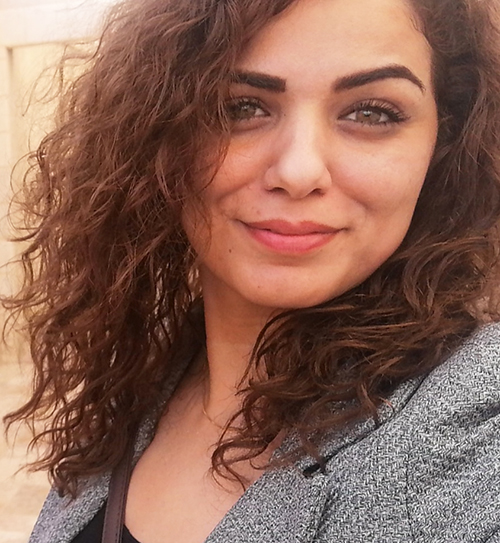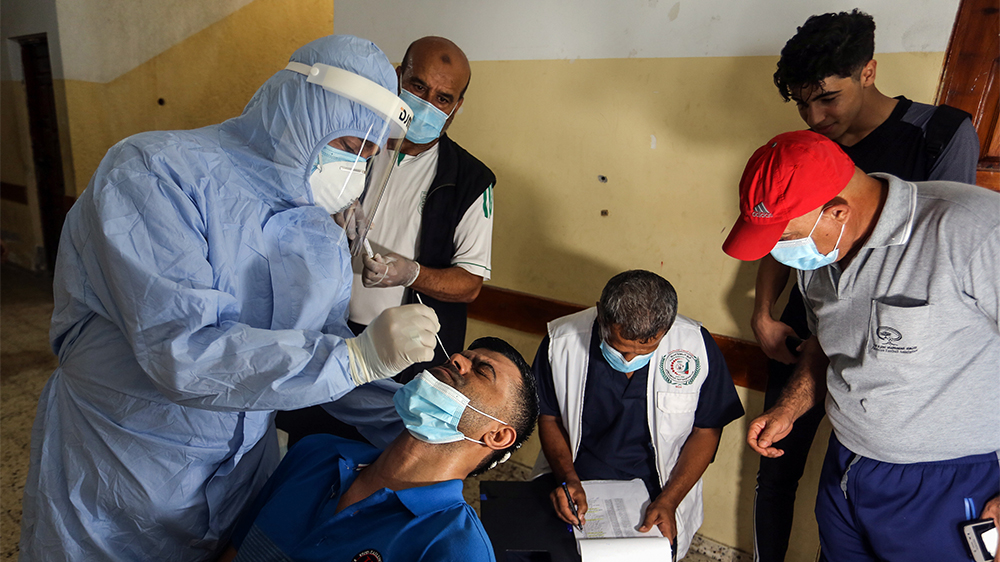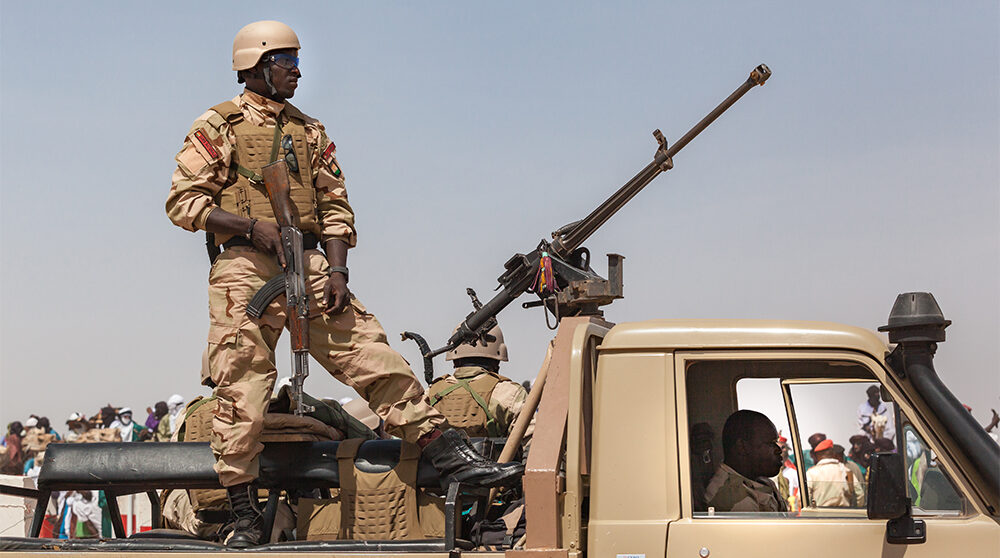Covid-19 is now spreading at full force on the densely populated Gaza Strip. According to the authorities, it is a catastrophic situation, with a shortage of medical equipment, test opportunities and staff.
– The situation is completely out of control, says Gaza resident Lubna Beseisso.
Until August this year, the Gaza Strip had surprisingly few cases of covid-19. A common perception has been that covid simply cannot hit Gaza due to the Israeli blockade, as very few people are allowed to travel out or into the narrow strip of land. As we reported this spring, Gaza was even able to export protective clothing to the more corona-stricken Israel after a textile factory in Gaza City switched its production from women’s clothing to face masks.
But now the situation has changed radically. WHO figures show a slow increase in cases in August. Since then, the curve has been rising steeper. By the beginning of November, nearly 15,000 known cases of covid and 65 dead had been registered. These figures are probably much higher in practice, as the test possibilities are deficient and there are rarely resources to determine the cause of death when a person dies.
The Gaza authorities have recently openly stated that the already strained healthcare system is close to collapsing due to the influx of new covid cases, according to, among others, the British newspaper the Guardian and the news agency Aljazeera. The WHO representative in Gaza has also recently stated that the situation ”within a week” will be very critical.
The Gaza Strip is about the same size as the Swedish west coast island of Orust, and with its approximately two million inhabitants is one of the world’s most densely populated areas. Healthcare is already undersized and is severely affected by the Israeli blockade, which has led to a constant shortage of equipment and supplies.
After several days of trying, I get hold of Lubna Beseisso, who previously shared her experience of living and working in Gaza. Lubna Beseisso is a trained architect but has mostly worked for international organizations operating in Gaza. She currently has an assignment for the Palestinian Water Authority (PWA).
It’s a strange feeling when I finally get hold of her on a cranky phone line and know that the person at the other end is living in conditions that are completely unlikely for most of us. The Israeli blockade – and before that the occupation – affects the living conditions of all Gaza residents, in all areas of life. And, not least, it means that those who grow up there cannot leave this narrow strip of land without the permission of the Israeli authorities – something that is very, very difficult to obtain. So the vast majority of Gaza residents live their entire lives in this limited area. Gaza is rightly called the world’s largest outdoor prison, an outdoor prison that has now to handle a large number of Covid-19 cases.

– The situation is completely out of control, says Lubna Beseisso, who is staying with parts of her large family in Gaza City. Right now, everyone is at home. One of the family members has met a person who turned out to be infected with covid-19, and is waiting to do a test to see if he himself is infected. Until the result is clear, all in the family remain in quarantine.
– But it will take time before he can do the test, she says. He was told that there are 20,000 people ahead of him in the test queue.
20,000? Is that what you said?
– Yes, 20,000! We suffer from a lack of everything – test equipment, staff, and hospital beds. Healthcare professionals do what they can, but they do not have a chance under the conditions we live in here. The healthcare system was overworked even before the corona and there is no way to cope with the enormous pressure that the pandemic entails. Hospital staff is also hard hit, many have fallen ill or died of covid-19.
This summer, the Hamas-led regime in Gaza carried out a lock-down that probably contributed to the fairly low spread of the infection then.
– Strangely enough, we no longer have a lockdown, despite the fact that the virus is spreading very fast right now. When the lockdown was on, the schools were kept closed and everyone who could was encouraged to stay at home. But now, when the situation only gets worse and worse, we have very few restrictions, Lubna Beseisso continues.
The reason, she believes, is that Gaza’s already strained economy was hit hard by the lockdown. The far too few profitable companies in the area lost customers and the many Gaza inhabitants who support themselves as day labourers and take temporary jobs lost their only income.
– Now the authorities seem to prioritize the economy over human health. My feeling is that they have lost their grip on the situation. They simply do not know what to do.
Gaza residents also live with constant electricity shortages:
– Right now we have electricity eight hours at a time – it is on for eight hours, of for eight hours. When we do not have electricity through the regular grid, we use diesel-powered generators – if they work. The food markets and grocery stores are open, and so far there is food to buy. If you have money, that is.
What do you want the outside world to do for Gaza now?
– It is obviously important to have respirators, test equipment, financial support and so on. But we must also feel that our politicians and others who can influence our situation really have an overview and do what is necessary to protect us Gaza residents. It does not feel like that at all now, the impression is that they are playing with our lives.
– You feel when you move here in Gaza City that the atmosphere is very depressed. We are used to coping with lots of things – war, occupation, lack of food and other necessities. But this is something else! As I see it, we can only trust ourselves now, not to authorities, international aid or aid organizations. And we do what we can to support each other.
In the midst of all this darkness, there is at least one event that lights up life. It is that Trump lost the election in the United States.
– He is the worst president the world has ever seen, Lubna Beseisso says. After all, the world has gotten a little better now that he has lost the election.
However, she does not believe that the change of president means any difference for the Palestinians:
– No, what the United States and Netanyahu have settled will surely remain the same. So it makes no difference to us. But hopefully, it will be better for most Americans with Biden as president.
Agneta Carleson
Read also: Travel dreams by Lubna Beseisso.


